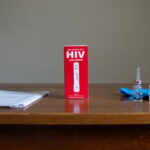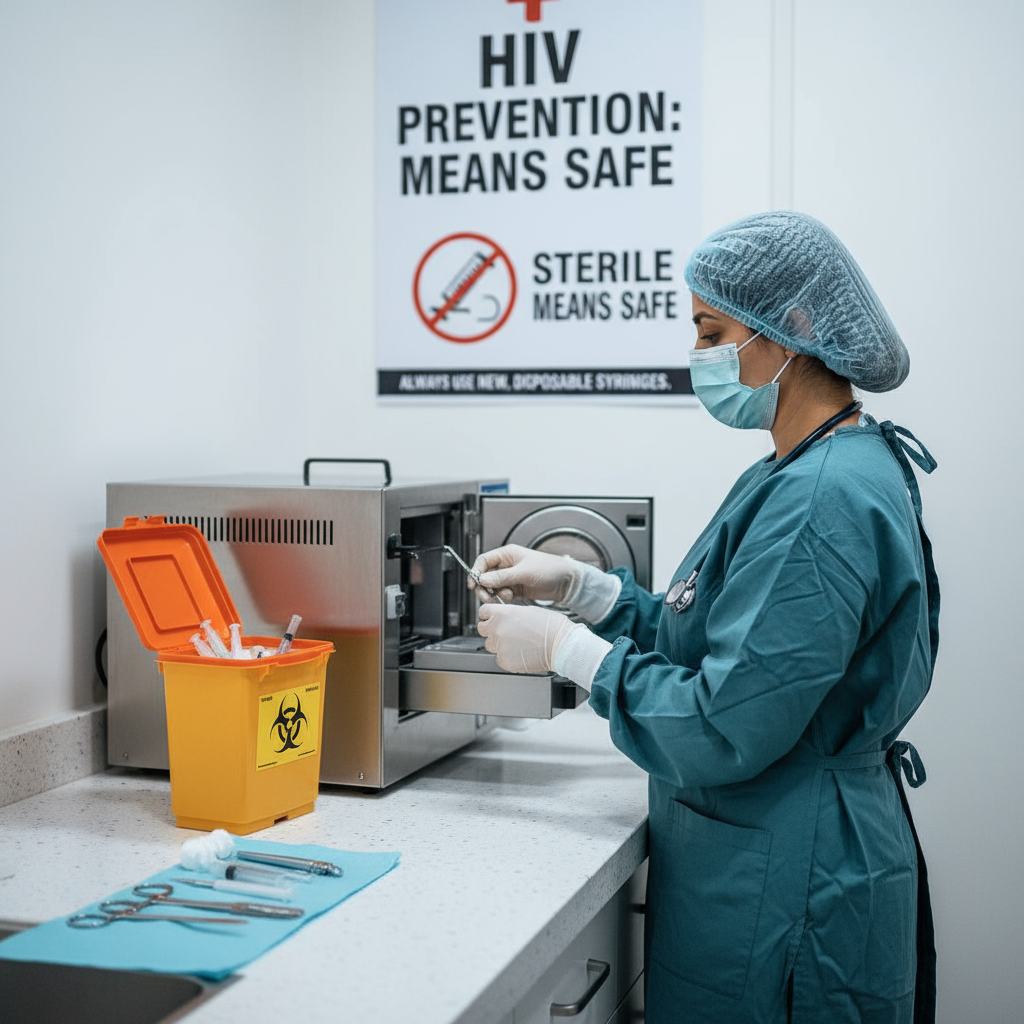A young resident of Karachi has tragically lost his life after contracting Naegleria fowleri, a rare but deadly brain-eating amoeba. According to health officials, the patient was admitted with severe symptoms including fever, headache, and nausea, but his condition deteriorated rapidly despite medical intervention.
Confirming the case, authorities stated that the victim had no recent history of swimming, raising concerns that contaminated water supplies might be a possible source of infection. Experts have repeatedly warned that poor chlorination in Karachi’s water distribution system creates conditions where Naegleria can thrive.
Health specialists emphasize that Naegleria fowleri does not spread from person to person. Instead, the amoeba typically enters the body through the nose when individuals come into contact with unchlorinated or untreated water. Once it reaches the brain, the infection progresses aggressively, often proving fatal within days.
“Once the infection sets in, treatment options are extremely limited, and survival rates are alarmingly low,” a senior doctor noted. He urged citizens to avoid exposure to untreated water and to ensure that household water tanks are regularly cleaned and disinfected.
Authorities are once again calling on civic bodies to improve water chlorination levels across the city. Karachi has witnessed multiple deaths linked to Naegleria in recent years, highlighting the urgent need for preventive action.
Public health experts advise residents to take personal precautions, such as using boiled or chlorinated water for ablution, avoiding nasal rinsing with unsafe water, and ensuring water tanks are covered and properly treated.
The latest death serves as a stark reminder of Karachi’s ongoing water safety crisis and the pressing need for systemic reforms to protect citizens from preventable tragedies.
Karachi Youth Dies of Naegleria Infection.






